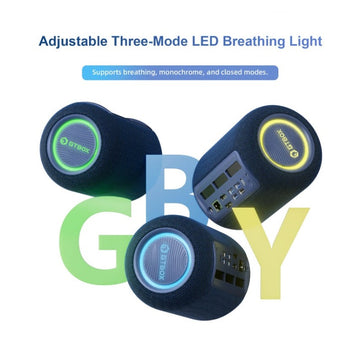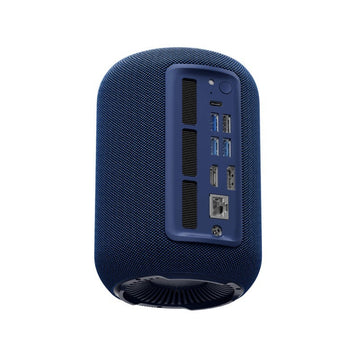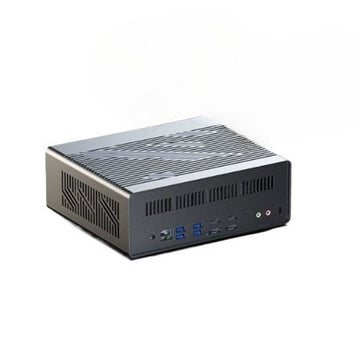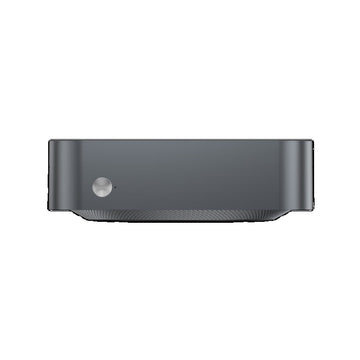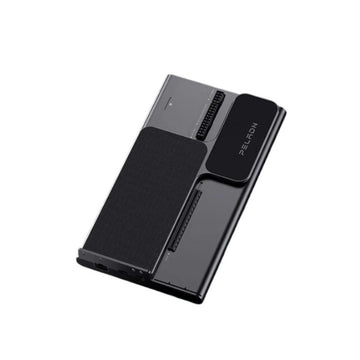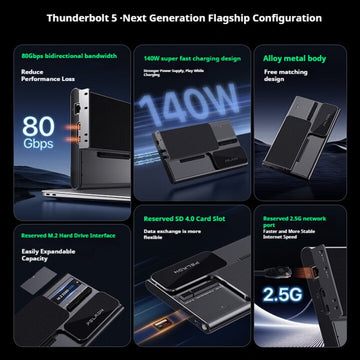The Ultimate Buying Guide for Mini PCs and ITX PCs
Are you in the market for a compact computing solution that packs a punch? Mini PCs and ITX PCs offer powerful performance in a small form factor, making them ideal for various use cases, from home entertainment systems to productivity workstations. However, navigating the plethora of options available can be daunting. Fear not, as we've compiled a comprehensive buying guide to help you make an informed decision.
Introduction
Mini PCs and ITX PCs have gained popularity due to their compact size, versatility, and performance capabilities. Whether you're a casual user, a content creator, or a hardcore gamer, there's a mini PC or ITX PC to suit your needs. In this guide, we'll explore the key factors to consider when purchasing one of these diminutive computing marvels.
1.CPU Considerations
The central processing unit (CPU) is the heart of any computer, and it's especially crucial in mini PCs and ITX PCs due to their compact nature. When choosing a CPU, consider factors such as performance, power consumption, and thermal management.
Intel vs. AMD
AMD CPUs often offer better performance-per-dollar compared to Intel counterparts in the mini PC space.
Intel CPUs may be more suitable for pure office use but lag behind in gaming performance compared to AMD counterparts.
Performance
Look for CPUs with sufficient performance for your intended usage, whether it's general productivity tasks or gaming.
Consider models with higher wattage for better performance, but ensure adequate cooling solutions are in place.
2.Heat Dissipation and Performance Optimization
Efficient heat dissipation is essential in mini PCs and ITX PCs to ensure optimal performance and longevity. Pay attention to the cooling system design and performance optimization capabilities.
Opt for models with robust cooling solutions, including heat pipes, vapor chambers, and efficient fans.
Check for CPU power delivery capabilities and thermal management features to maximize performance without overheating.
Read reviews and user feedback to gauge real-world thermal performance under load.
3.Scalability and Expandability
One advantage of mini PCs and ITX PCs is their scalability and expandability compared to traditional desktops or laptops. Consider the following factors when assessing scalability:
Evaluate the number and type of expansion slots, including USB ports, Thunderbolt, and PCIe slots.
Ensure sufficient room for adding additional storage drives, RAM, or other expansion cards.
Look for models with convenient accessibility for easy upgrades and maintenance.
4.Memory and Storage Options
Memory (RAM) and storage are critical components that directly impact system performance and responsiveness. Consider the following when selecting memory and storage options:
Memory
Choose memory modules compatible with the CPU and motherboard specifications.
Opt for higher frequency memory for better integrated graphics performance.
Ensure compatibility with DDR4 or DDR5 standards depending on the CPU architecture.
Storage
Consider the type (SSD or HDD), capacity, and speed of storage drives based on your storage needs and budget.
Pay attention to heat dissipation for SSDs to prevent thermal throttling and ensure reliable performance.
5.Dedicated Graphics Options
While integrated graphics are sufficient for most tasks, dedicated graphics cards offer superior gaming and multimedia performance. If you require dedicated graphics, consider the following:
Look for mini PCs with dedicated GPU options from NVIDIA or AMD for gaming or content creation tasks.
Ensure adequate cooling and power delivery for dedicated graphics cards to maintain optimal performance.
Evaluate noise levels under load, as dedicated GPUs may generate more heat and noise compared to integrated graphics solutions.
Recommended Mini PCs and ITX PCs
1.Beelink SER7: An entry-level AMD 7840HS Mini PC with a compact design, reasonable pricing, and user-friendly interface layout.
2.AYANEO Retro Mini PC AM02: A unique retro-style Mini PC featuring AMD 7840HS processor, innovative design elements, and a secondary screen.
3.Minisforum UM780XTX: A high-performance Mini PC powered by an AMD 7840HS processor, offering robust heat dissipation, rich connectivity options, and OCulLink expansion port.
4.Minisforum MS-01: A feature-rich Mini PC with powerful expansion capabilities, including multiple SSD slots, network ports, USB4 interfaces, and support for external graphics cards.
5.ThundeRobot MIX: A compact and powerful Mini PC with dedicated graphics options, sleek design, and reliable performance for gaming and productivity tasks.
6.Tian Bei MN5X (7735H version): A budget-friendly AMD R7 7735H Mini PC offering competitive performance, expandability options, and front-facing USB 4 port.
7.Maxtang TRA5: An affordable AMD R7 5800H Mini PC available in thin and thick versions, offering scalability and decent performance for everyday computing tasks.
8.Texhoo ZN R5 5500U: A budget-friendly AMD R5 5500U Mini PC with compact design, expandability options, and sufficient performance for basic computing needs.
Conclusion
Choosing the right Mini PC or ITX PC requires careful consideration of factors such as CPU performance, heat dissipation, scalability, connectivity, and design aesthetics. By evaluating your specific needs and preferences, along with the recommendations provided in this guide, you can make an informed decision and find the perfect compact computing solution to suit your requirements. Whether you prioritize performance, portability, or aesthetics, there's a Mini PC or ITX PC out there to meet your needs.

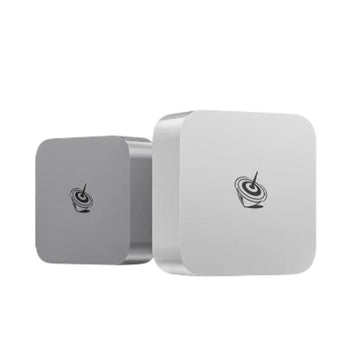
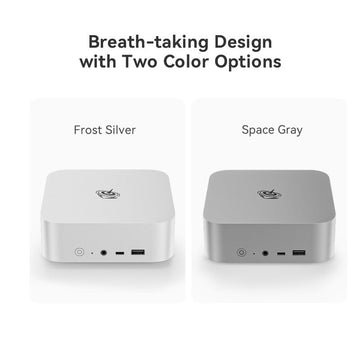
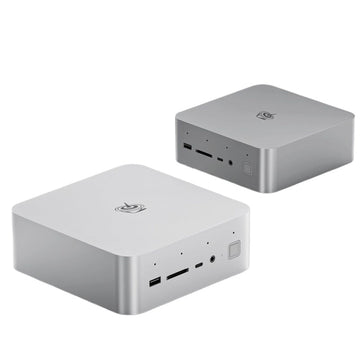
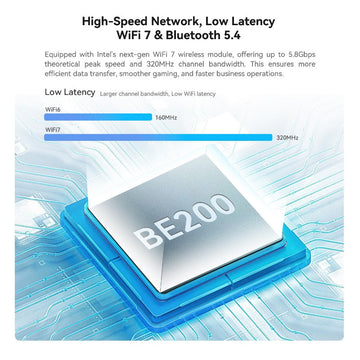
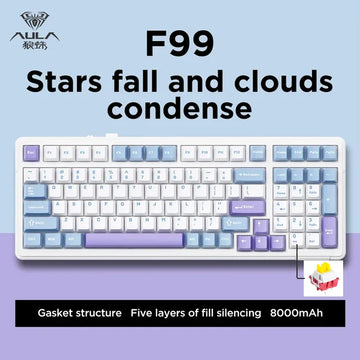
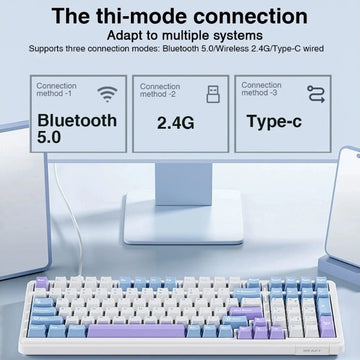









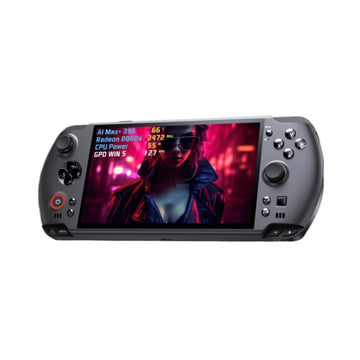
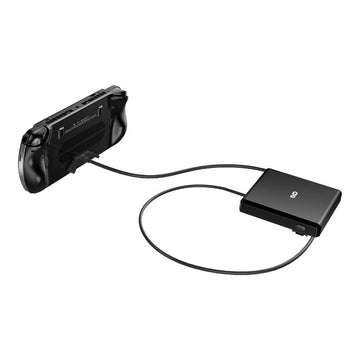




![[US Warehouse]Flydigi Vader 5 Pro Dragon Ball Limited Edition Game Controller](http://minixpc.com/cdn/shop/files/2bf62a4b1011cdf0b5088de9d5ad663d_360x.jpg?v=1763001514)
![[US Warehouse]Flydigi Vader 5 Pro Dragon Ball Limited Edition Game Controller](http://minixpc.com/cdn/shop/files/0944bf12c40c5bcaf5bc45c2a2f0b9e0_360x.jpg?v=1763001514)


